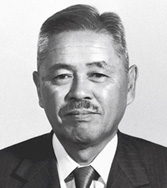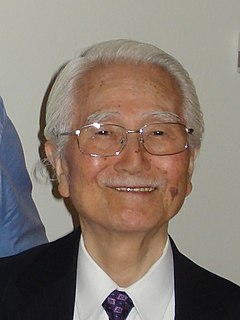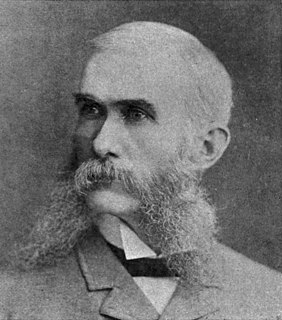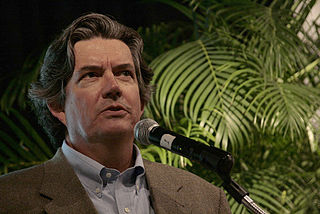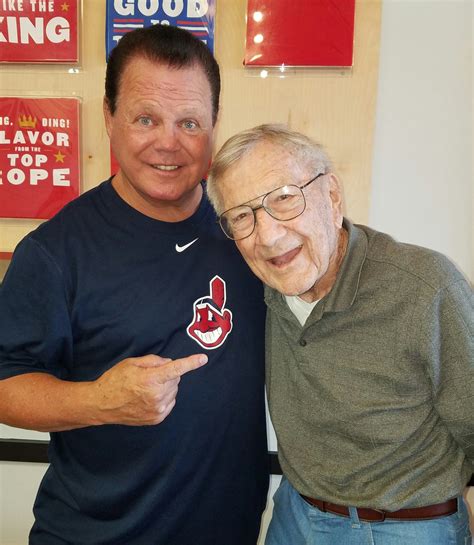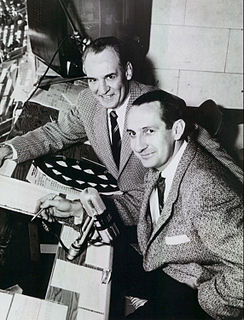A Quote by Jon Miller
Related Quotes
If you are going to do kaizen continuouslyyou've got to assume that things are a mess. Too many people just assume that things are all right the way they are. Aren't you guys convinced that the way you're doing things is the right way? That's no way to get anything done. Kaizen is about changing the way things are. If you assume that things are all right the way they are, you can't do kaizen. So change something!
To make the quickest progress, you don't have to take huge leaps. You just have to take baby steps-and keep on taking them. In Japan, they call this approach kaizen, which literally translates as 'continual improvement.' Using kaizen, great and lasting success is achieved through small, consistent steps. It turns out that slow and steady is the best way to overcome your resistance to change.
Many good American companies have respect for individuals, and practice Kaizen and other TPS {Toyota Production System} tools. But what is important is having all of the elements together as a system. It must be practiced every day in a very consistent manner–not in spurts–in a concrete way on the shop floor.


